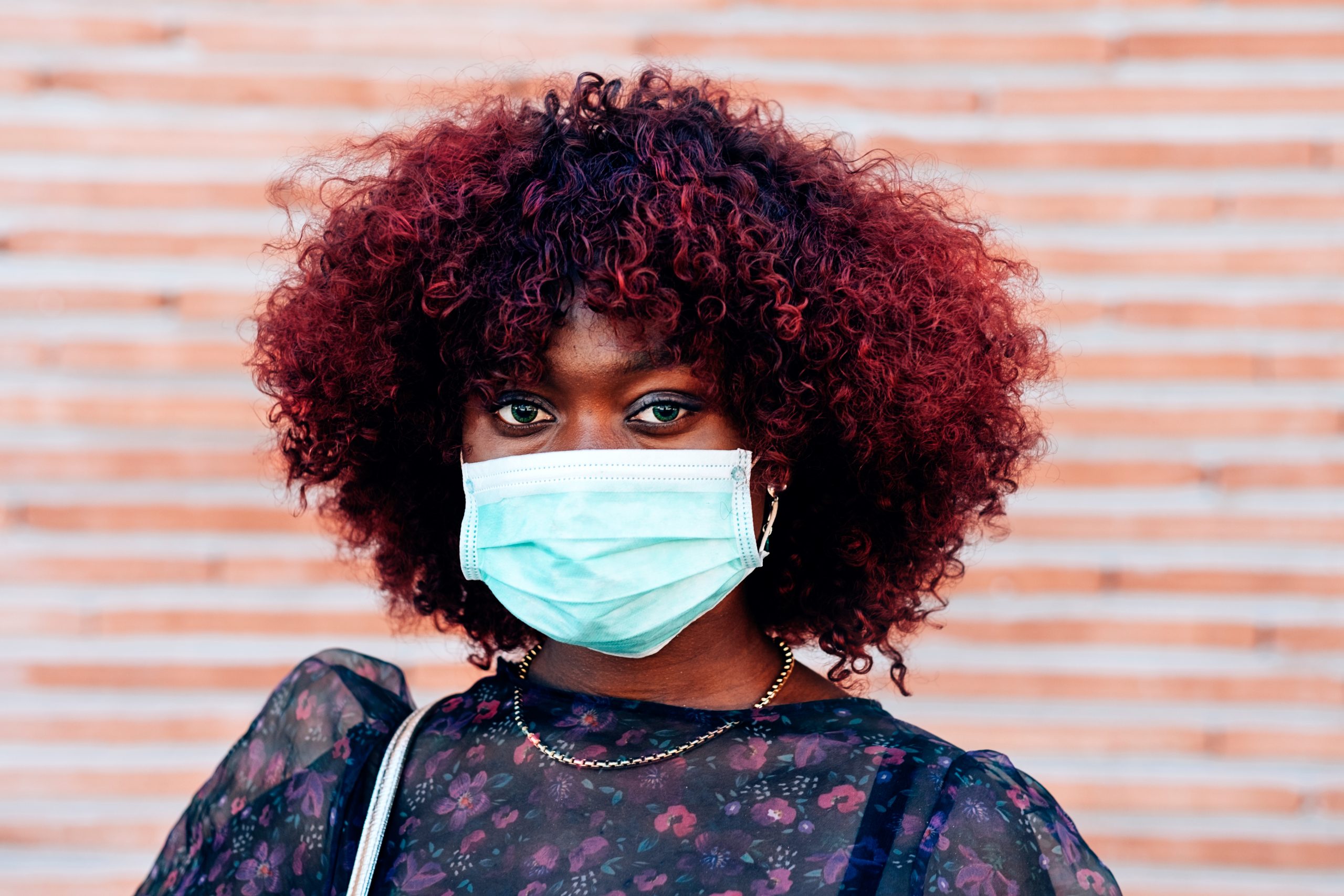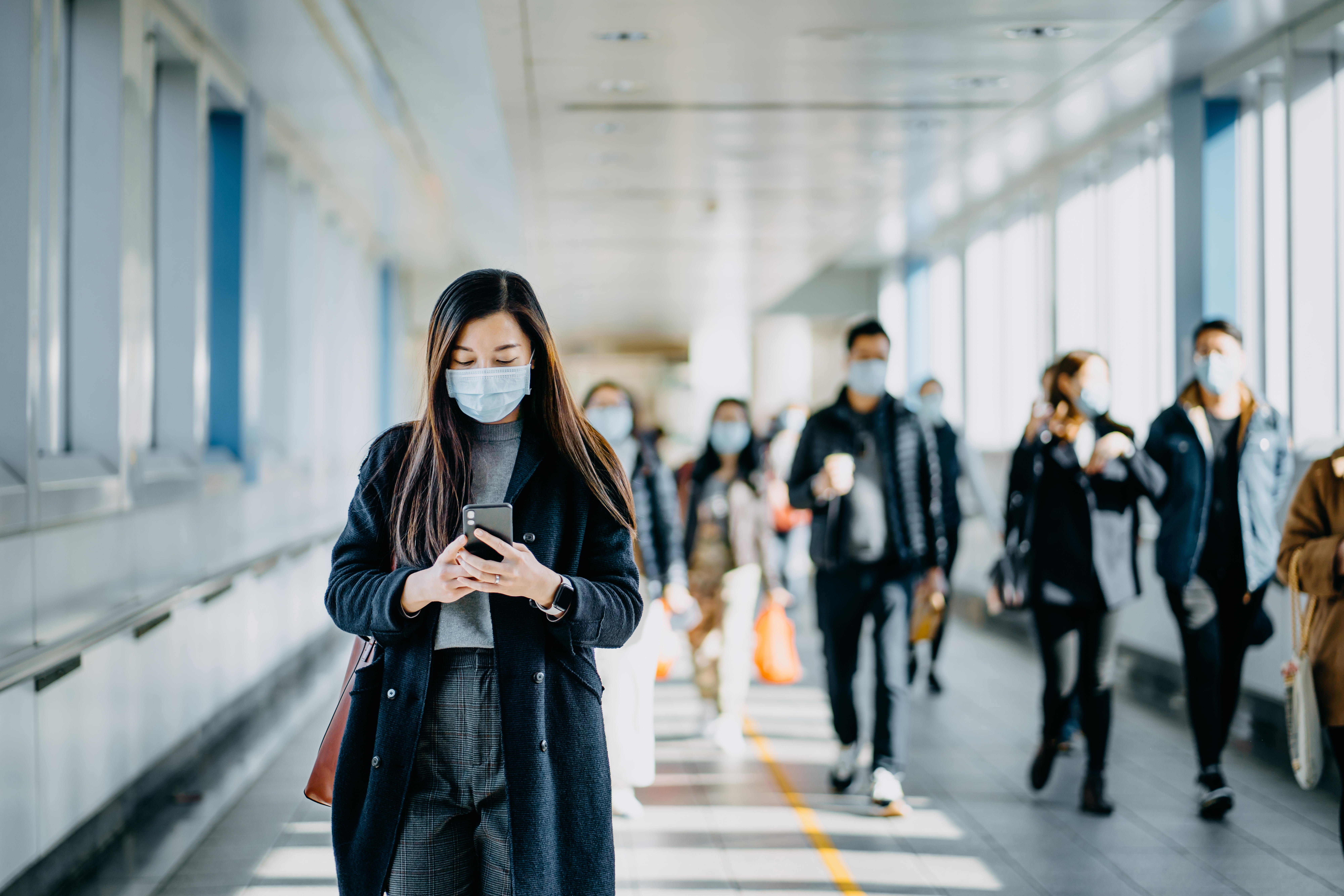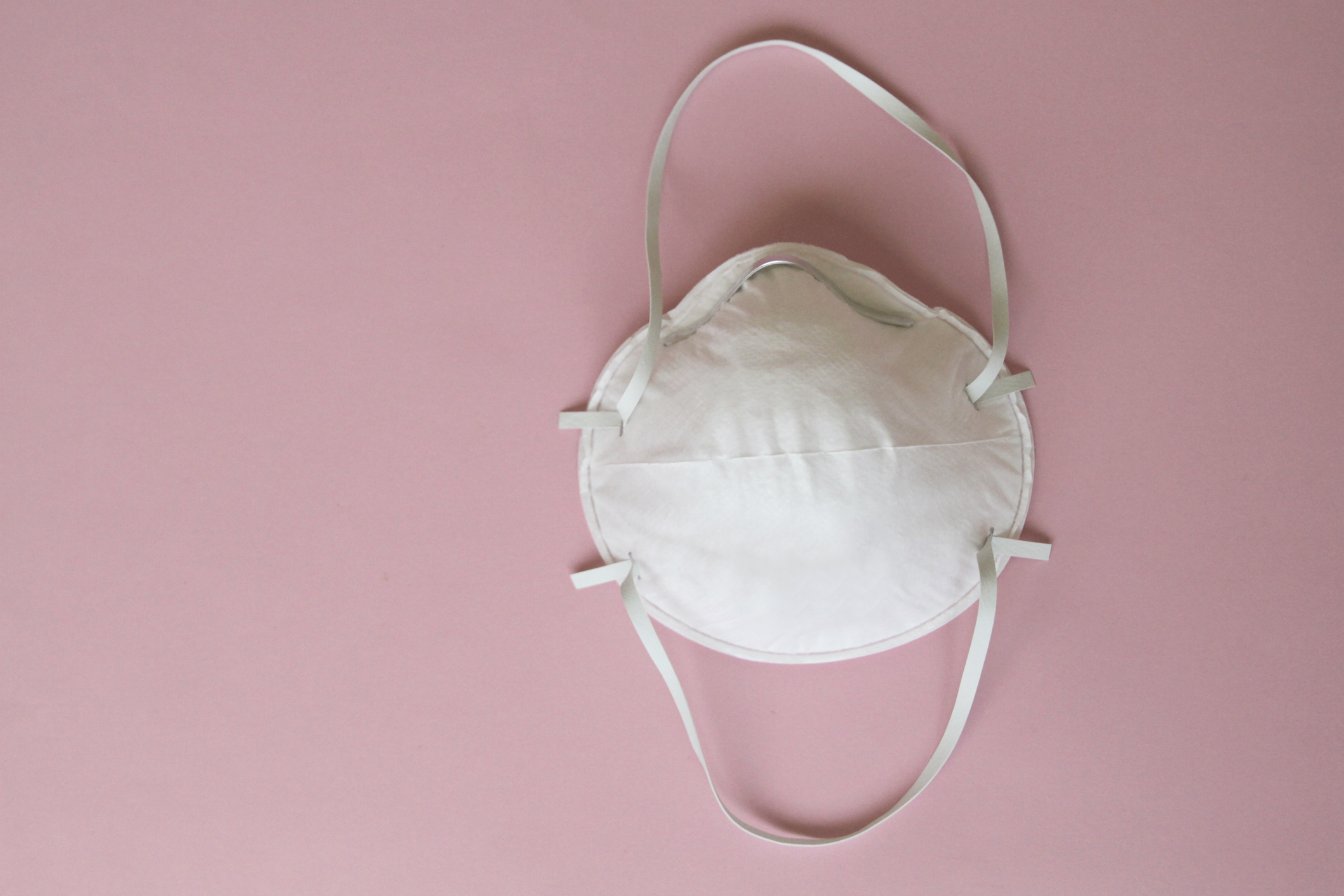
Celebrity news, beauty, fashion advice, and fascinating features, delivered straight to your inbox!
You are now subscribed
Your newsletter sign-up was successful
Is it a see-you-never-masks situation or a definitely-keep-wearing-them vibe?
Face coverings exemptions, at current, are for medical reasons like chronic asthma or other respiratory issues.
But yesterday, the Prime Minister confirmed that come 'freedom day' on July 19th, wearing a face mask will be optional - whether you have a medical exemption or not.
Social distancing will also be optional, with Boris Johnson sharing that the need to do so will 'depend on the circumstances.'
He said: “I think that what we’re trying to do is move from universal Government diktat to relying on people’s personal responsibility and clearly there’s a big difference between travelling on a crowded tube train and sitting late at night in a virtually empty carriage on the main railway line."
But, what do the medical professionals have to say on the matter? We asked them about the link between the Covid vaccine and fertility, the blood clot risks associated with AstraZeneca, the main long Covid symptoms, and vaccine side effects to know about, too.
Next up: we've asked them to break down whether they think it's safe - and sensible - to ditch your face mask come the 19th.
Celebrity news, beauty, fashion advice, and fascinating features, delivered straight to your inbox!
So, should we continue wearing masks?
No - not always
It really depends, according to doctor Dani Gordon of Resilience Medicine clinics.
"If you are in a poorly ventilated indoor space - or even crowded semi-outdoor space such as a very crowded events venue under a tent but very densely packed conditions - it would still be worth considering to both protect yourself and others," she shares.
Ultimately, we know masks decreasing viral transmission, which is only a good thing with the recent more infectious variants that have become dominant, she explains.
Doctor Nisa Aslam, advisor to Typharm agrees, adding that she would advise continuing to wear a mask in certain circumstances. "Firstly, in crowded indoor spaces including public transport – buses, trains, trams, planes – and secondly, where an organisation or authority asks you to do so and where it makes someone else feel comfortable, because they may feel cautious or vulnerable.”

Yes - all the time
However, Doctor Gill Jenkins and advisor to The Fruit Juice Science Centre disagrees, emphasising that there is 'no real reason' not to wear a mask come the 19th. She also adds that many may feel nervous about change after a year with masks as the norm.
She explains: “Many people continue to feel understandably cautious about the flexibility in the restrictions. If you - or others you're with - feel nervous, wear a mask."
"This is simply common courtesy and it helps to protect everyone," she goes on.
Bottom line from Jenkins: the increased flexibility after July 19 'does not mean you should stop wearing a mask.' Do shop our fashion ed's pick of the best reusable face masks, while you're here, and scroll the most-common face mask myths, too.
Why is continuing to wear a mask important?
Why exactly is it important we continue to exercise caution and wear one - and is this the general consensus across the industry?
Jenkins shares that, like it or not, cases of Covid are increasing at the moment which means that collectively you should continue to act responsibly. "Masks, if worn properly, are effective at helping someone else not to catch the disease, and they have some effect in preventing the wearer from catching it," she continues.
Take the US study of over 370,000 people published in The Lancet, which found that mask wearing significantly improved COVID-19 transmission. Doctor Aslam emphasises: "The studies show that wearing masks reduces risk of infection. While the vaccine is effective - even against the variants - we have seen to date it’s important to minimise transmission, as transmission of the virus can increase the risk of mutation and new variants.”

Are there any situations where wearing a mask isn't as important?
It's not so important outside due to air flow, share the experts, however they do stress that you need to take care in crowded environments.
"When indoors, always make sure that rooms are well ventilated too and ensure that the air circulates," stresses Jenkins.
Will you yourself continue to wear a mask?
All three doctors will, as they believe we need to continue to protect each other and exercise caution.
"Covid-19 is still with us and will likely be for some time to come," doctor Jenkins shares.
Do you think cases will rise when people stop wearing masks mid July?
According to doctor Jenkins, it's a difficult one to call. “With the combination of more people vaccinated and relaxation in restrictions, it is hoped that cases would not rise as much as if we had no vaccination. But it is difficult to tell what the outcome will be. We cannot be certain.”

Ally is Marie Claire UK's Senior Health and Sustainability Editor, a well-regarded wellness expert, ten-time marathoner, and Boston Qualifying runner.
Utilising her impressive skillset and exceptional quality of writing, she pens investigative, review and first-person pieces that consistently demonstrate flair and originality.
As well as writing, Ally manages a team of freelancers, oversees all commissioning and strategy for her pillars, and spearheads the brand's annual Women in Sport covers, interviewing and shooting the likes of Mary Earps, Millie Bright, and Ilona Maher. Shortlisted for three BSMEs and winning one in 2022, Ally lives and breathes her verticals: her eye for a story and connections within the wellness sphere are unrivalled. Follow Ally on Instagram for more.
